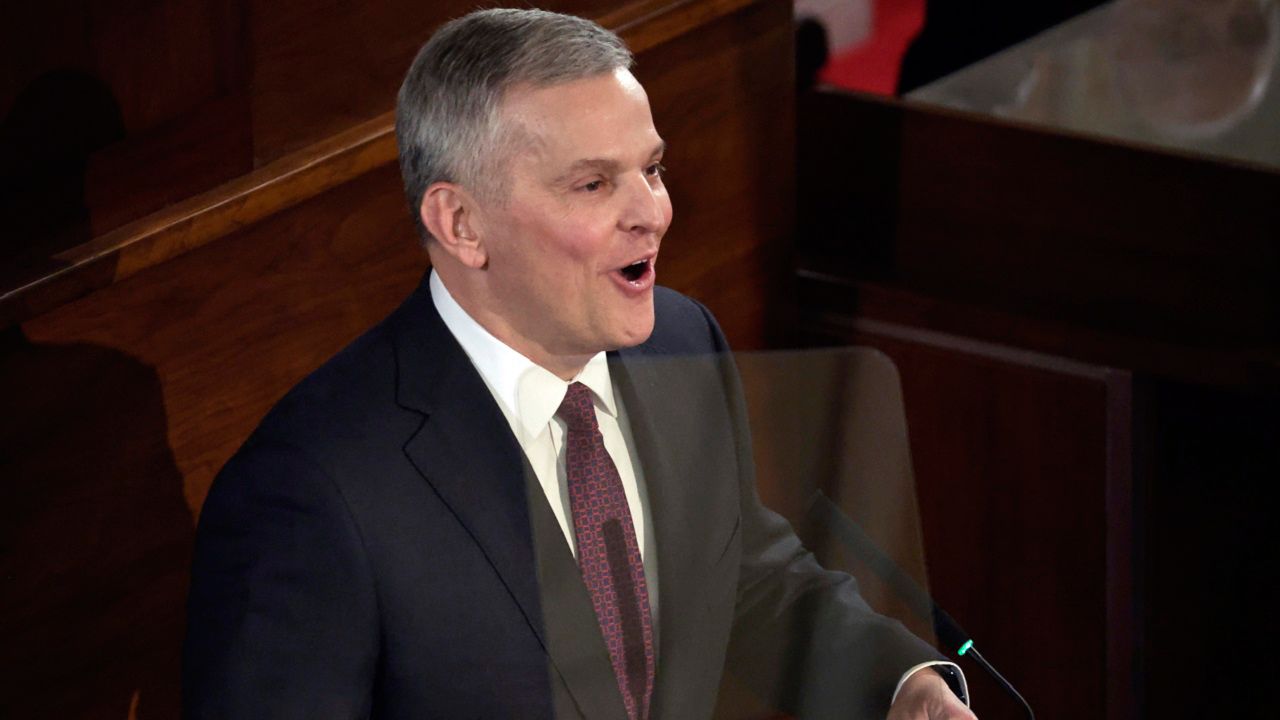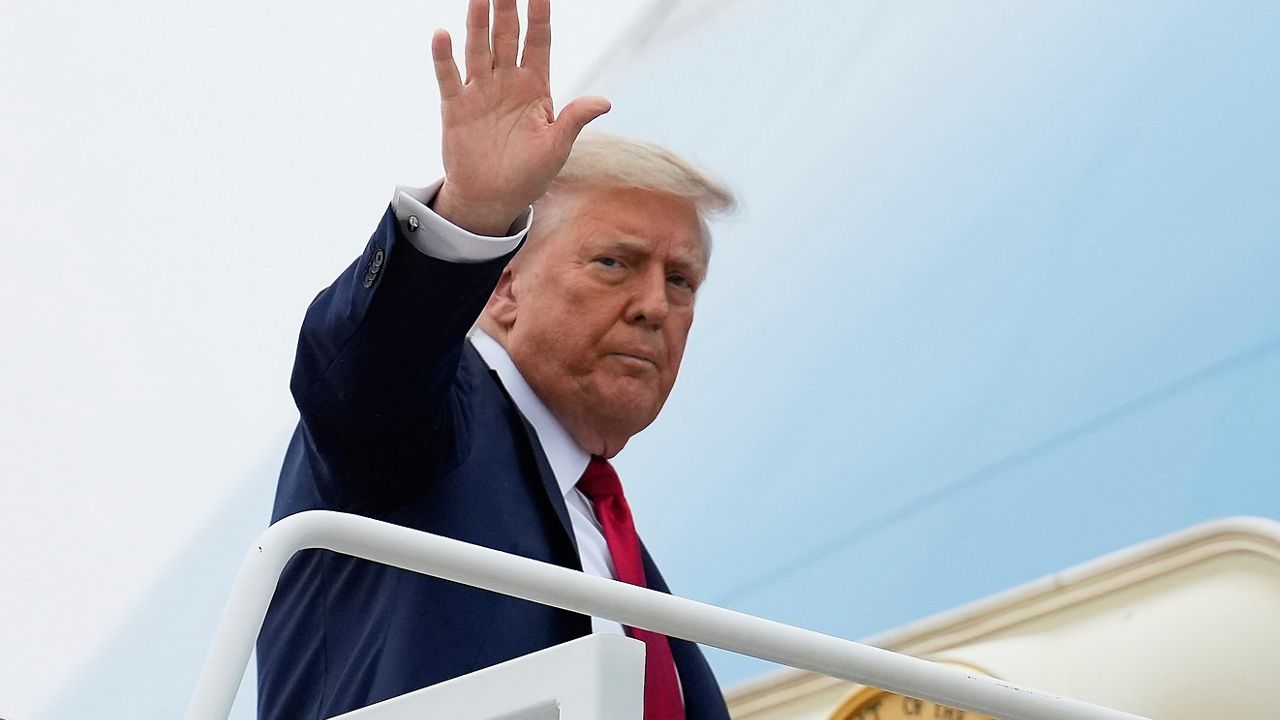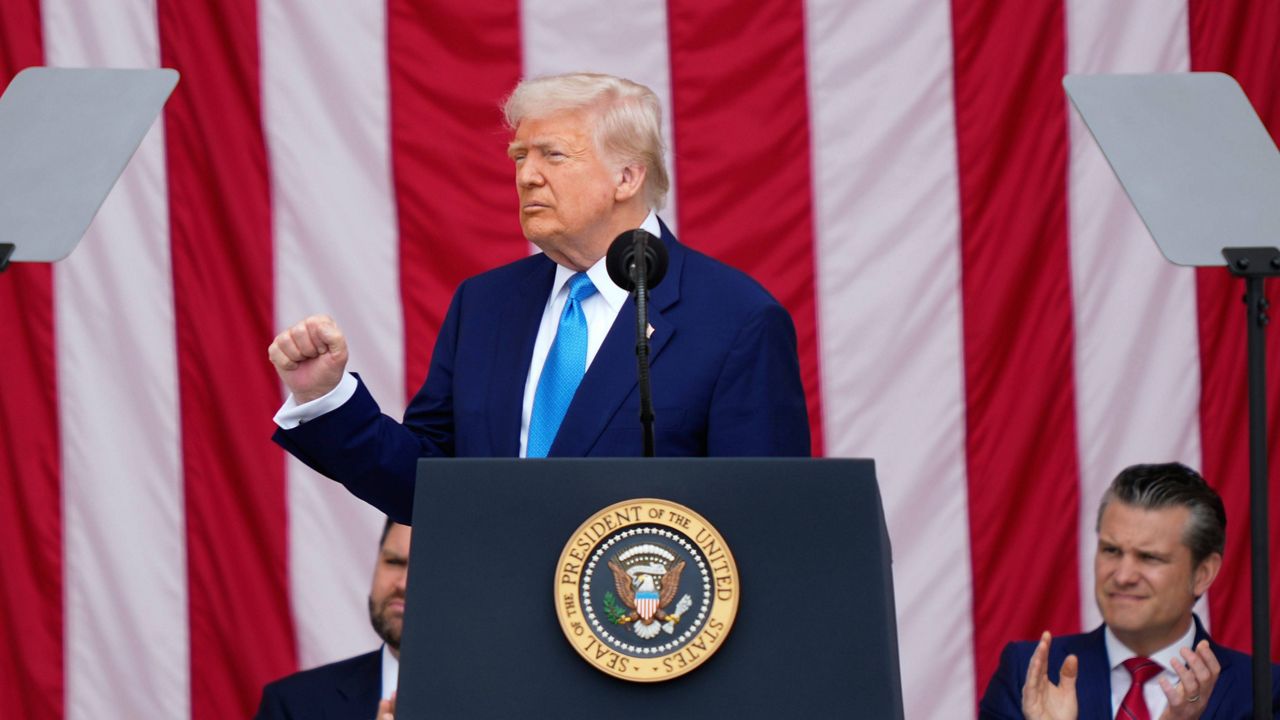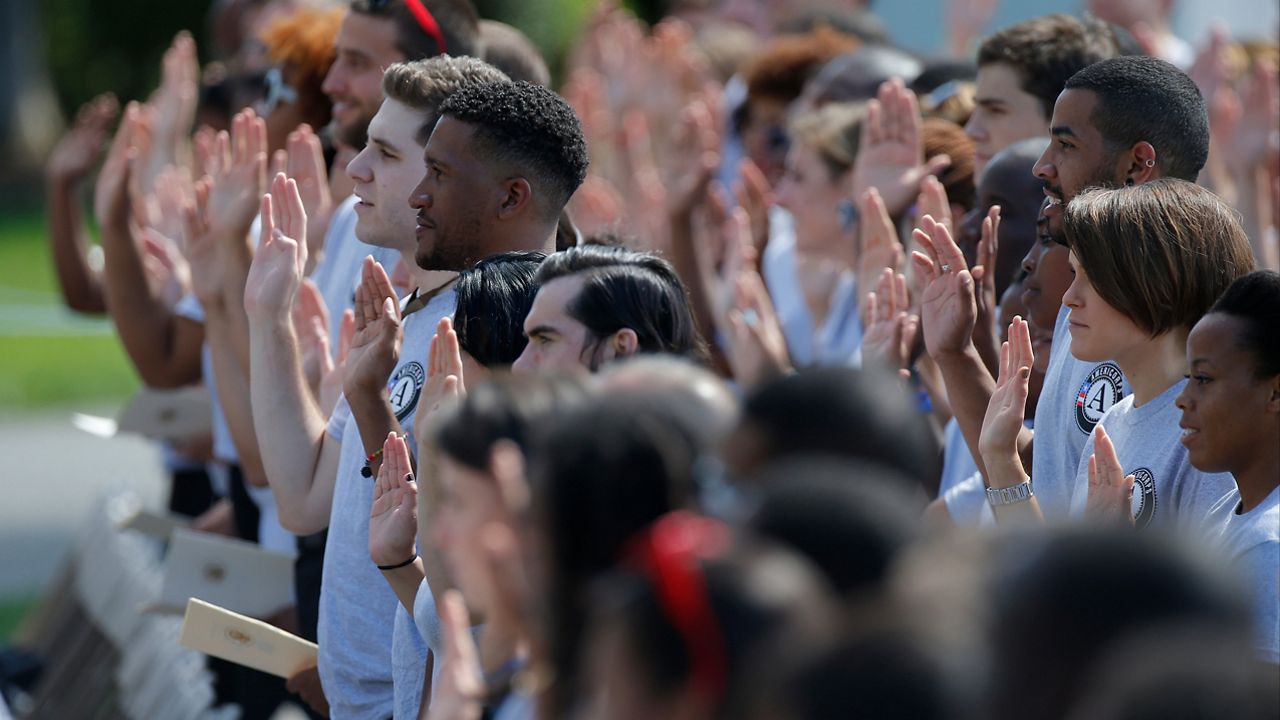On Tuesday, former President Donald Trump makes history, becoming the first president to face a second impeachment trial.
Things are schedule to kick off in the afternoon, with a debate over the constitutionality of the proceedings since Trump is no longer in office. Opening statements will follow starting on Wednesday.
The trial could last a week or potentially longer if witnesses are called.
North Carolina’s two senators - both Republicans - will be among the 100 jurors weighing the case against President Trump, who is accused of inciting the Jan. 6 attack on the U.S. Capitol.
What Tillis and Burr Have Said
During the first impeachment trial last year, both Sens. Thom Tillis and Richard Burr voted to acquit Trump on both counts: abuse of power and obstruction of Congress.
So, what might they do this time with the single article: incitement of insurrection?
In perhaps a preview of coming attractions, last month, both Tillis and Burr joined with 43 of their Republican colleagues in voting to label the trial unconstitutional since Trump is out of office. Many constitutional scholars disagree with this assessment.
The day of the Capitol siege, Sen. Burr pointed the finger of blame at Trump, saying in a statement that the “President bears responsibility for today’s events by promoting the unfounded conspiracy theories that have led to this point.”
However, speaking to reporters on Capitol Hill in the days since, Burr questioned whether an impeachment trial was the proper venue to weigh the former president’s actions.
“This is a civilian now. A charge like this would go to the Justice Department and be referred for prosecution. Unfortunately, that's not what they're doing,” Burr told the Capitol Hill press pool on Jan. 25.
Asked whether he believes Trump is guilty of inciting, Burr sidestepped the question, saying he had not heard the case yet.
Sen. Tillis meanwhile has questioned how the impeachment process played out on the House side.
“The whole process is what I have a problem with. They're doing stuff that they should have done when they had it in the House before they drew up the article,” he said earlier this month when asked by reporters about the House managers calling on Trump to testify.
Trump has declined the chance to testify under oath. His lawyers have called the trial political theater.
Asked how Trump could or should be held accountable, Tillis told reporters in late January that the November election was "one level of accountability."
POLITICS
Tillis, Burr to Serve as Jurors in the Trump Impeachment Trial: What Have They Said So Far?
PUBLISHED February 8, 2021 @8:04 PM









